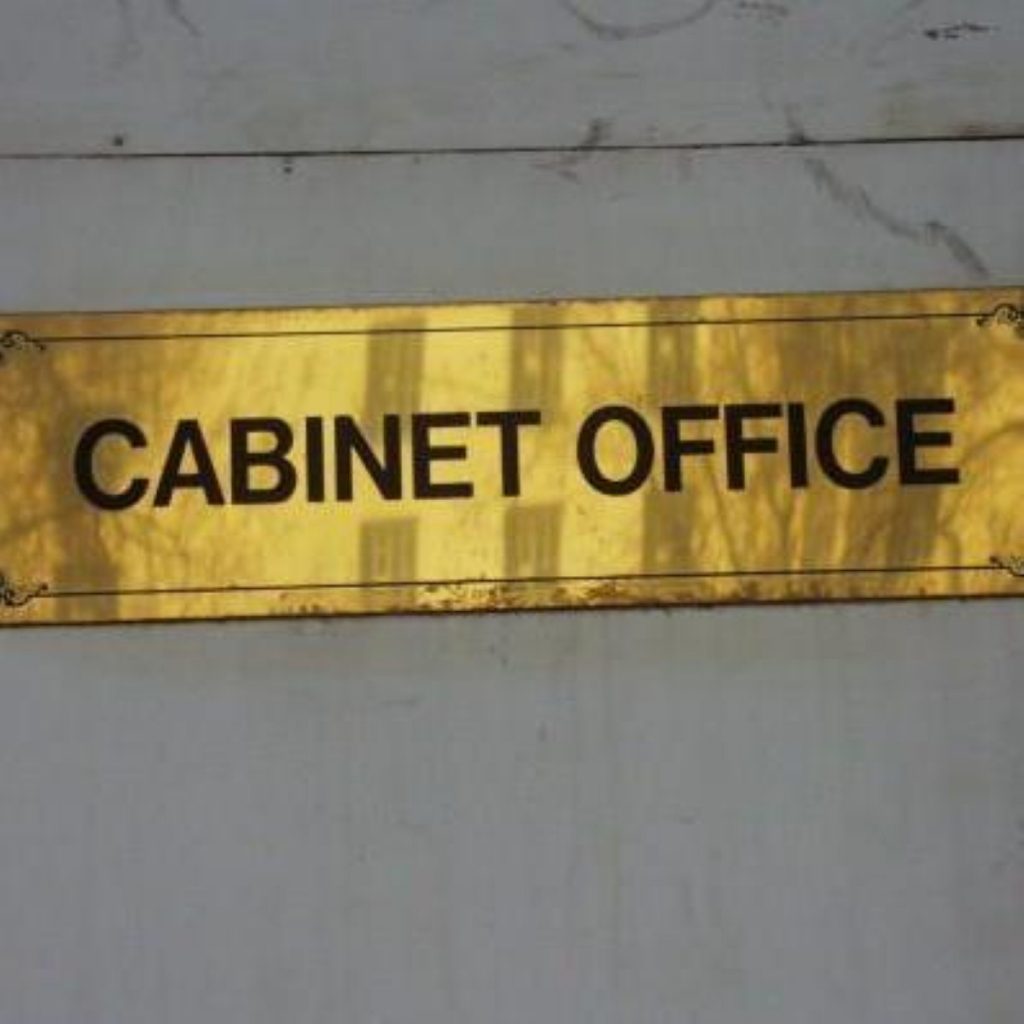Quango costs ‘rocketing’
Public spending on quangos and other government agencies has rocketed by 50 per cent over the past two years, according to reports.
The cost to the taxpayer of funding quangos (quasi-autonomous non-governmental organisations) has now reached £123.8 billion, according to the Sunday Telegraph.
The paper, citing new government figures, claims that at least 20 officials who sit on the semi-autonomous government bodies have also received pay rises of 20 per cent or more over the past year.
According to the latest directory of public bodies compiled by the Cabinet Office, the number of quangos and other government agencies has also grown under Labour, despite the party’s pledge to reduce the number of unelected public bodies which are paid for by the taxpayer.


Before becoming prime minister, Tony Blair vowed that he would put the “quango state” in “the dustbin of history where it belongs”.
But the Public Bodies Directory 2006 shows that 299 of the 882 quangos now in existence have been set up since Labour came to power in 1997.
The directory, published on the Cabinet Office’s website two weeks ago, reveals that 30 new public bodies have been created in the past year alone.
New quangos established under Mr Blair’s administration include the Music and Dance Scheme Advisory Group, the Public Diplomacy Board and the Disruptive Passengers Working Group, the Sunday Telegraph claims.
Dan Lewis, head of research at the Economic Research Council, told the paper that the latest figures would call into question increased government spending on quangos amid current reports of British troops being under-resourced in Afghanistan.
“These figures are shocking and appalling,” said Mr Lewis.
“At a time when our troops are being underpaid and under-provisioned in Afghanistan, the government has increased spending on quangos by more than £40 billion in just two years.”
“That figure alone is more than the entire annual defence budget,” he added.












